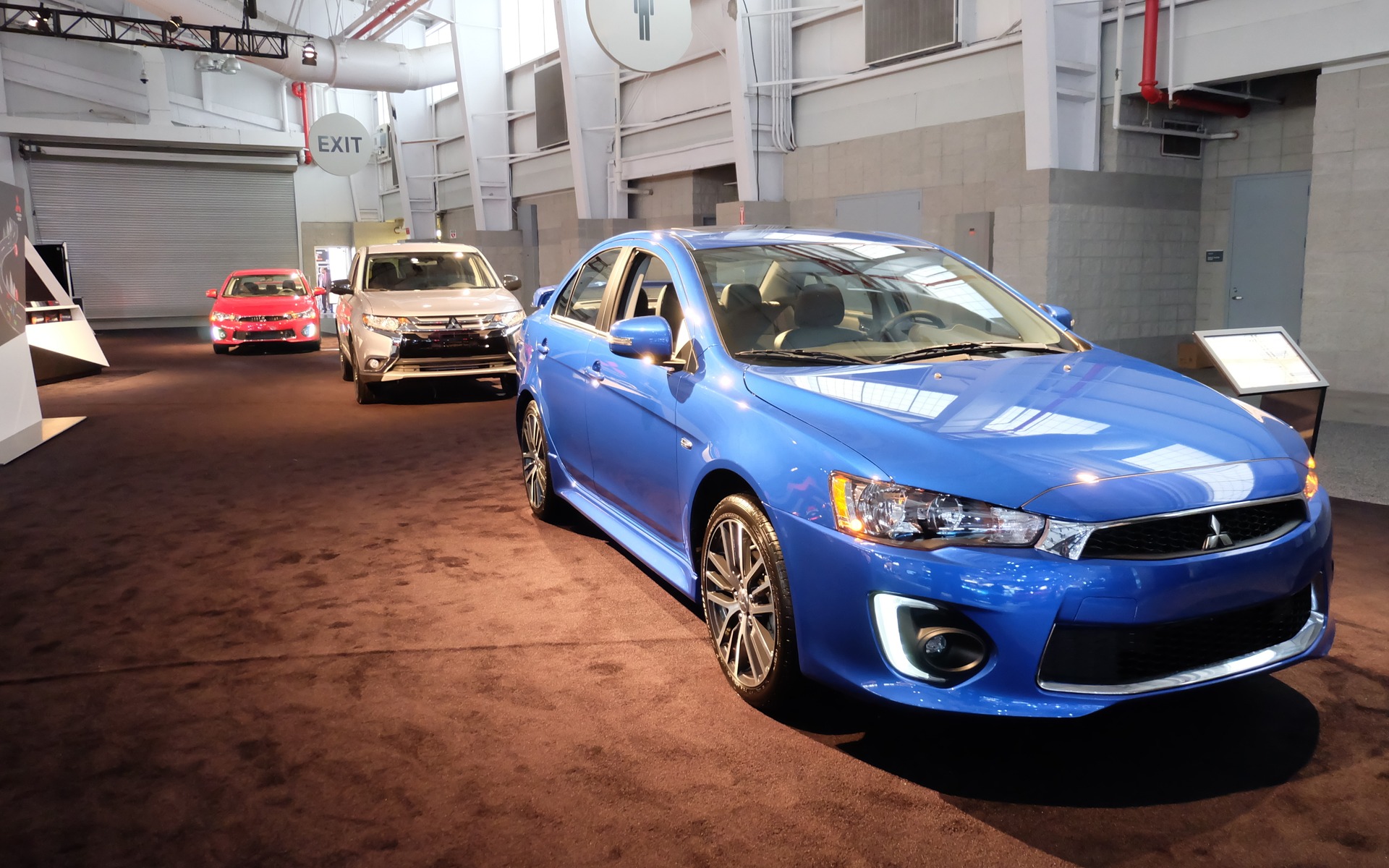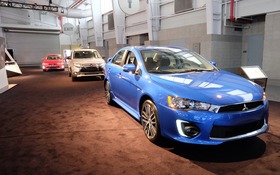Mitsubishi Confesses to Publishing Incorrect Fuel Economy Numbers in Japan
In a press release published this morning, Mitsubishi Motors Corporation admitted having falsified the fuel economy average of four minicar models sold in Japan.
As these vehicles likely produced disappointing fuel consumption numbers in real-world driving conditions, the manufacturer decided to test their vehicles differently than what is required by the Ministry of Land, Infrastructure, Transport and Tourism (MLIT), seeking to boost fuel economy numbers.
- Also: 2015 Mitsubishi RVR: Good In A World Of Great
- Also: 2016 Mitsubishi Outlander: A Very Decent Proposal
The four affected vehicles are the eK Wagon and the ek Space, sold by Mitsubishi, as well as the Dayz and the Dayz Roox, produced by Mitsubishi and sold under the Nissan banner. In total, 625 000 units of these vehicles have been sold since they hit the market in June 2013, which consume more fuel than what was announced. Mitsubishi and Nissan have stopped selling these models.
It’s actually Nissan who discovered the false numbers while they were running their own tests in preparation for the next generation of minicars. An internal investigation at Mitsubishi revealed that while the company was running their procedures for calculating fuel economy, they used incorrect rolling resistance values (caused by tires and aerodynamics), which produced optimistic consumption averages. Obviously, financial compensation will be dished out to Nissan and to the owners of the affected vehicles.
However, during their internal investigation, Mitsubishi also discovered that these incorrect procedures were also applied on other models sold in Japan. The automaker will establish a committee of external experts who will perform an objective and deep investigation. The company will also figure out if fuel economy numbers have also been falsified on models sold outside of Japan.
It’s the second major scandal for Mitsubishi Motors, who admitted in 2004 to covering up about 30 defective components in their vehicles, some of which dated back to 1977.












